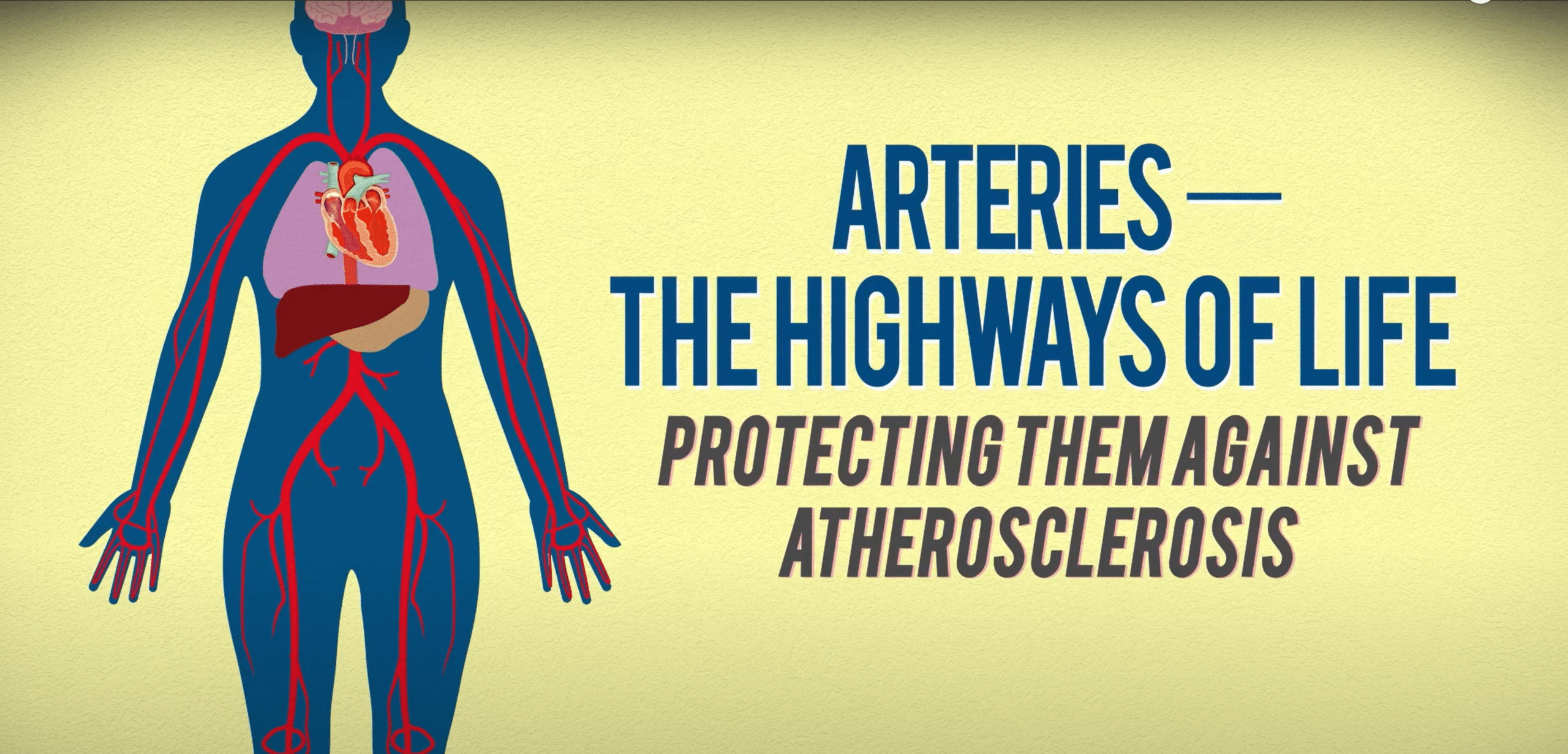This January as the snow flurries begin to fall, the risk of heart attack among older Americans may be on the rise. The onset of colder weather results in peaks in general practitioner visits, hospital admissions, and cardiovascular deaths among those age 65 and older. A study published online in the British Medical Journal reported each 1.8 degree Fahrenheit reduction in average daily temperature was associated with a cumulative 2% increase in risk of heart attack over a 28-day period, with the highest risk reported within two weeks of exposure to cold weather. Cold temperatures have been shown to raise blood pressure and protein levels that increase the risk for blood clots. In addition, strenuous activities such as snow shoveling are commonly performed as the temperature drops, which may attribute the increased risk of heart attack.
People aged between 75 and 84 and those with previous coronary heart disease seemed to be more vulnerable to the effects of reductions in temperature. Researchers advise older populations to keep warm, stay indoors, and watch for warning signs of their condition worsening. Health risks can be substantially reduced by the adoption of appropriate cold weather behavioral strategies such as wearing warm clothing and sufficient home heating. Breaking the gloves, hats and scarves out of storage will not only make being out in the cold more bearable, it may have a protective effect on your health.






